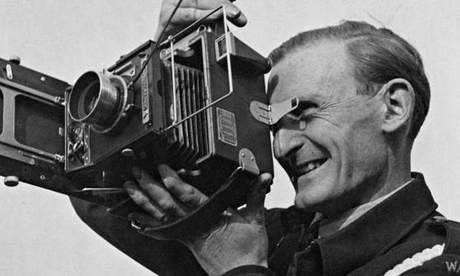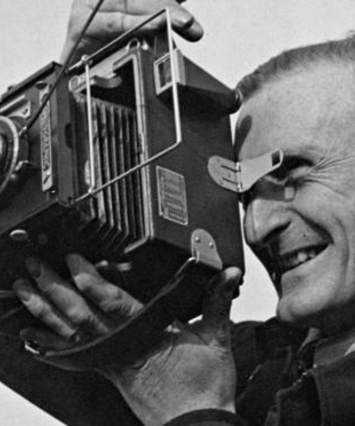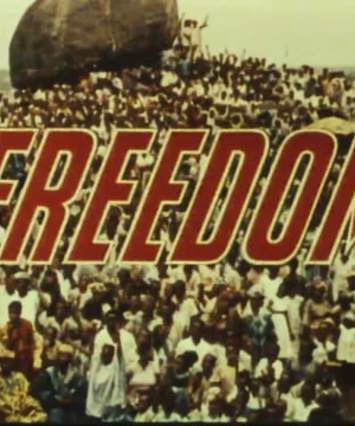My friend Peter Sisam, who has died aged 100, was a stills photographer who worked on the production of pioneering feature - and documentary films, particularly on behalf of the Moral Re-Armament movement (MRA).
In the late 1950s, he gave technical and logistical support in making the first all-African colour feature film, Freedom (1957), written and acted by African people and filmed in Nigeria. It highlighted the moral and spiritual challenges of independence. The film was shown around the world in several languages. Peter worked closely with the Swedish film-maker Rickard Tegström, one of Walt Disney’s top cameramen.
Freedom had an effect all over Africa. Kenya, for instance, suffered one of the bloodiest independence struggles. The man the British blamed for the violence was Jomo Kenyatta, who was sent to jail. He was shown the film and asked for it to be translated into Swahili so everyone could see it. In the run-up to independence in 1963 the film was watched by 700,000 Kenyans in markets, stadiums and schools. At independence, when Kenyatta became president, nine cabinet ministers and other senior officials sent a message of thanks to MRA for helping to provide the stability needed for their country.
Peter was central to the production of a musical film, The Crowning Experience (1960), in the US, which starred the mezzo soprano Muriel Smith. It was based on the true story of Mary McLeod Bethune, a daughter of slaves who overcame racial prejudice to become a respected educator and an adviser to the White House.
His last major film, again with Tegström, was filmed largely in Sweden in the 1970s. One Word of Truth was based on Aleksandr Solzhenitsyn’s Nobel prize lecture, which he was not able to give in person. It exposed the lie of Soviet communism with all its cruelty. Solzhenitsyn’s lecture was recognised as an assertion of human dignity. Now in 16 languages, the film won the bronze medal at the 1982 Film and Television festival of New York. For Peter, its director, it won best film of the year by a member of the Royal Photographic Society.
Peter was born at Blockley, Gloucestershire, son of Walter Sisam and Catherine (nee Fincher). He was a boarder at Stratford-upon-Avon grammar school, then went to St Peter’s Hall (later St Peter’s College), Oxford, to read English literature. There, his life was transformed by an encounter with the Oxford Group, which later in the 30s was relaunched in many countries as Moral Re-Armament. On graduation Peter went into full-time voluntary work on its early documentary films and publications.
Younger people who worked with him speak of his warmth, humour and encouragement, and the generous sharing of his skills. During periods when there was no film work, he trained to become a skilled portrait and landscape photographer.
Into his 90s he was still busy, with his wife, Margaret, in cataloguing MRA’s vast photographic archive.
She survived him by a month.
First published in The Guardian online edition, 8 June 2015
English



